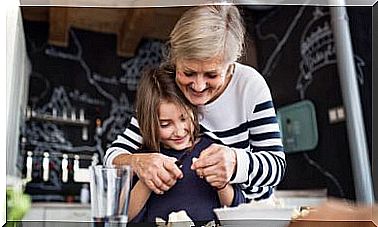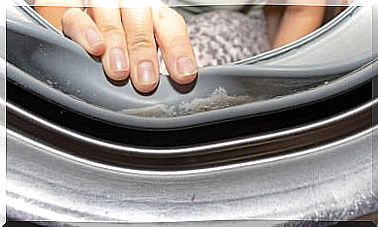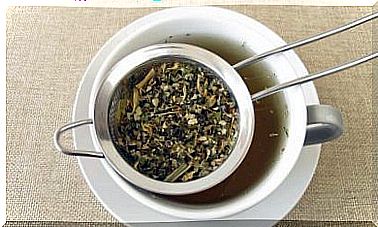How To Help Children Cope With Peer Pressure?
During puberty and adolescence, friends become the mirror in which our children want to reflect. What happens when the peer group pressures you to do something?
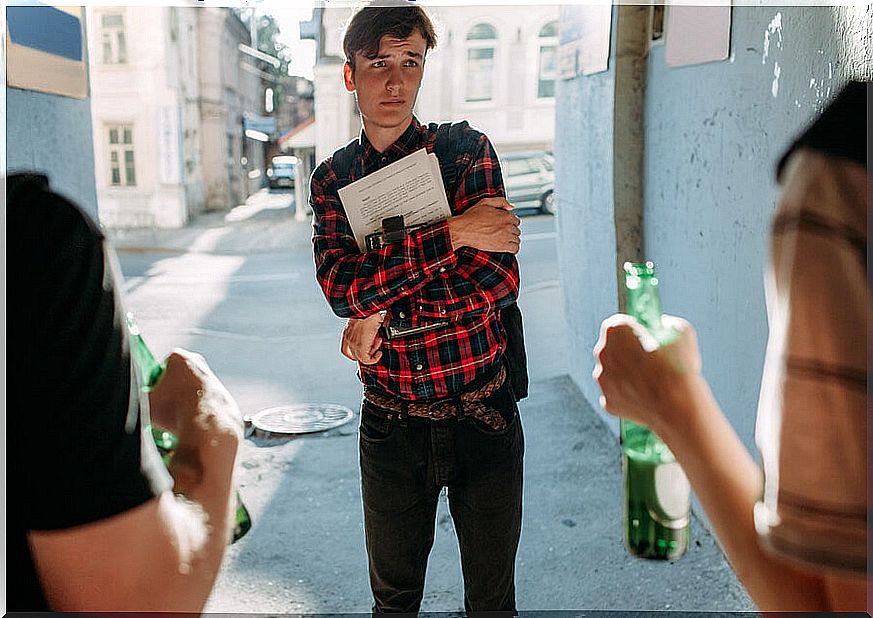
In adolescence, friends occupy a place as models. Children stop observing their parents and begin to look to their friends to choose how to dress, speak, and behave. The peer group is the one who pushes the child in one direction or another. But how can we help children cope with peer pressure?
We have all gone through that stage where there is nothing more important than “fitting in.” Feeling part of a group is essential between the ages of 12 and 20, approximately. For this reason, peer pressure is of great importance and can affect children’s lives for both good and bad.
How to cope with peer pressure?
Rebelling against what the group of friends poses as correct is practically taking a back seat. Let’s analyze the situation a bit.
What is peer pressure?
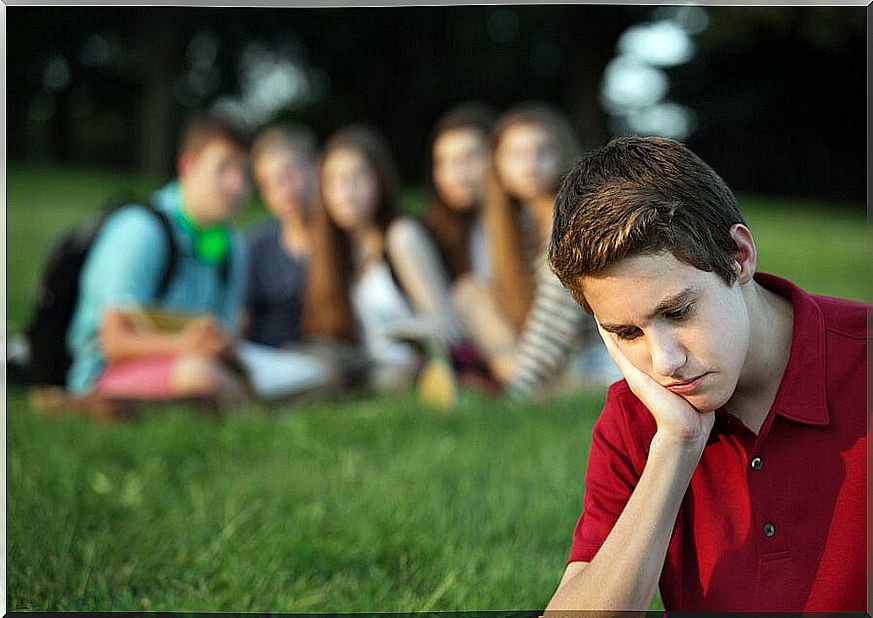
The people around us influence our life in one way or another. During adolescence, the influence of peers is even greater than in other stages, as this study published in Estudi General points out . This is because boys want and seek to identify with other people their age to:
- Be like those children they admire.
- Fit into a group.
- Not feeling “weird”.
- To experience.
- Avoid teasing for being “different.”
Making decisions is complicated in itself and even more so when one receives conflicting opinions. That is exactly what happens to young people: peer pressure pulls in one direction, even when the child believes that the right thing to do is to do exactly the opposite. Coping with peer pressure is extremely difficult.
Is peer pressure always negative?
Usually when we talk about peer pressure we focus on the negative aspects. However, there is another side to the situation. As we have already said, when we speak of peer pressure we refer to the influence that peers have on the child or adolescent and, as such, it can be positive or negative. And so this information from KidsHealth points out .
Let’s take an example: if a friend of your son was a great reader and recommended a book that would interest your son, after his insistence, he will decide to read it. In this case, we would speak of a positive influence.
On the contrary, the most common is usually negative influence, such as, for example, convincing a child or young person to drink alcohol, use drugs, not attend class or participate in some general teasing towards another child.
Your child’s friends can help him develop new skills and interests or, on the contrary, generate inclinations towards risky activities.
Tips for parents
As parents, it is our duty to guide children along the path that will lead to their proper development, preventing them from participating in activities or actions that could put their physical and emotional integrity at risk. For this reason, here are some tips to help your children cope with peer pressure.
1. Teach your children to say “no”
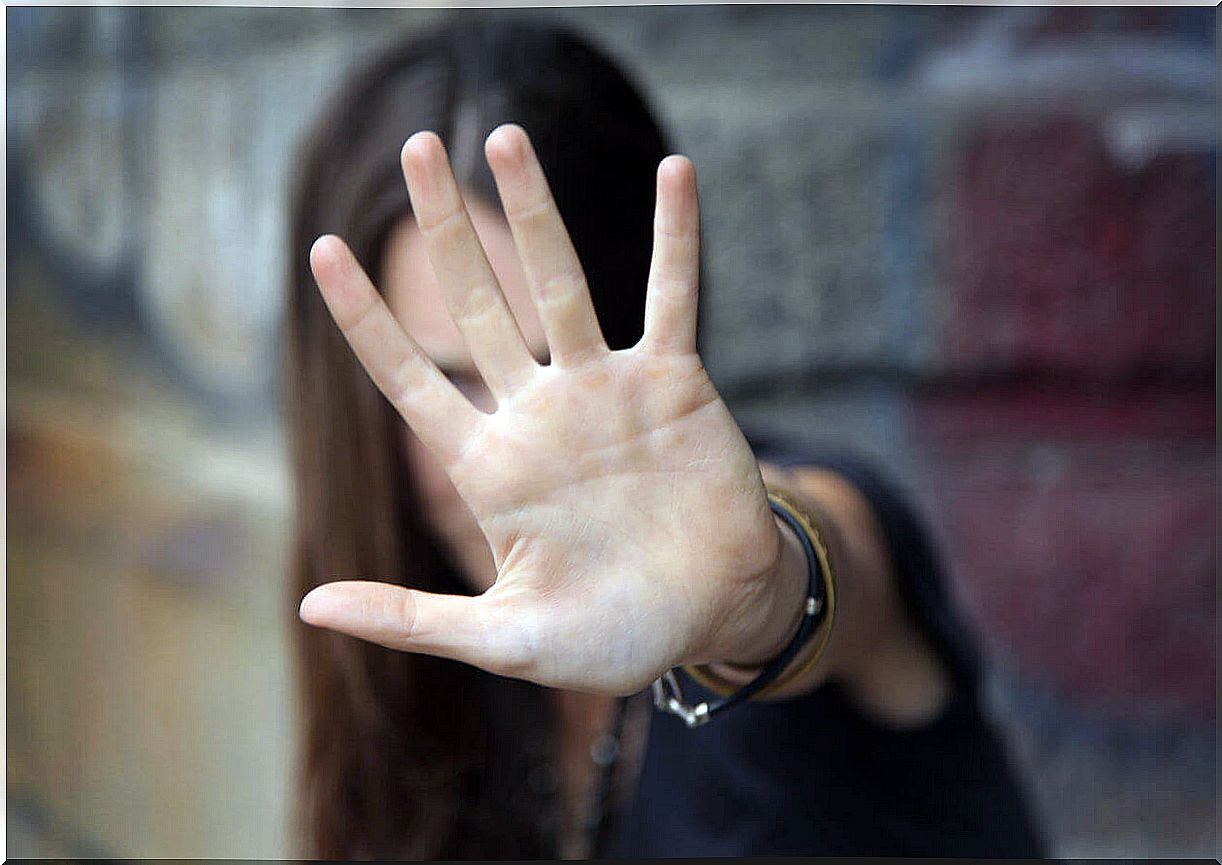
One of the first words babies say is “no . ” Then, through numerous explanations, we teach them to say yes. However, it is extremely important that you teach your children from a young age to evaluate situations and say no when there is a risk. You can play role-playing with your child or do theater and present situations in which your child must refuse something.
2. Tell your child to think for himself
Getting carried away is an attitude that can put your child’s integrity at risk. Teach him to think for himself, consider possibilities, and evaluate best and worst-case scenarios before agreeing to go with the flow of the peer group.
3. Talk to him
Talking to your child and telling him stories about you from when you were his age can help him trust you. In addition, in this way, you will narrow the age gap and allow him to see that you have also been wrong.
4. Boost your self-esteem
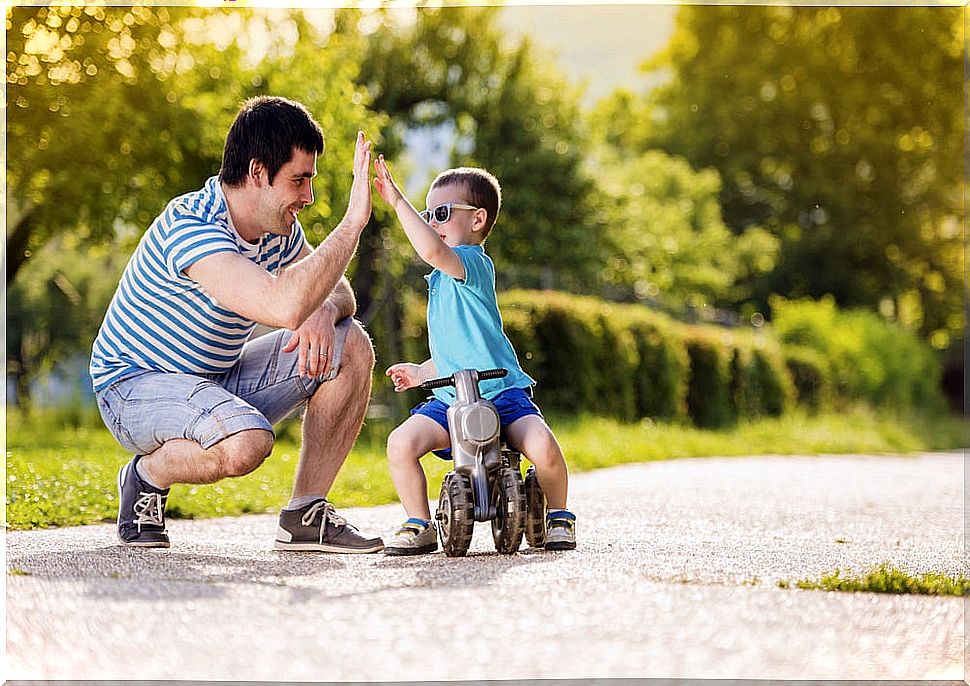
Those children with good self-esteem are less influential than those who seek constant recognition from their peers. Build your child’s self-esteem to help him cope with peer pressure.
5. Give him tools to distinguish between right and wrong.
To make decisions, every child and adolescent needs to recognize those attitudes and actions that are right and those that are wrong. Take the time to teach your child to recognize them. Education in values is essential for you to continue on your way without falling into problematic situations.
6. Make sure your child’s group of friends is positive
A study carried out in 2010 concluded that adolescents with friends who smoke or use substances are more likely to smoke or consume substances than young people without friends or with a group that does not participate in this use. Therefore, it is important that you make sure that your child’s friends bring positive things to him.
As you can see, the group of your child’s friends and their interests will have a direct impact on their way of acting. You cannot choose your child’s friends, but you can guide him to choose groups that provide positive values and experiences.
So these are just a few strategies you can use to help your child cope with peer pressure. In addition to them, we recommend that you talk to him, find out about his interests and friends and build his trust in you so that, in the face of any problem, he does not feel alone or pressured.
